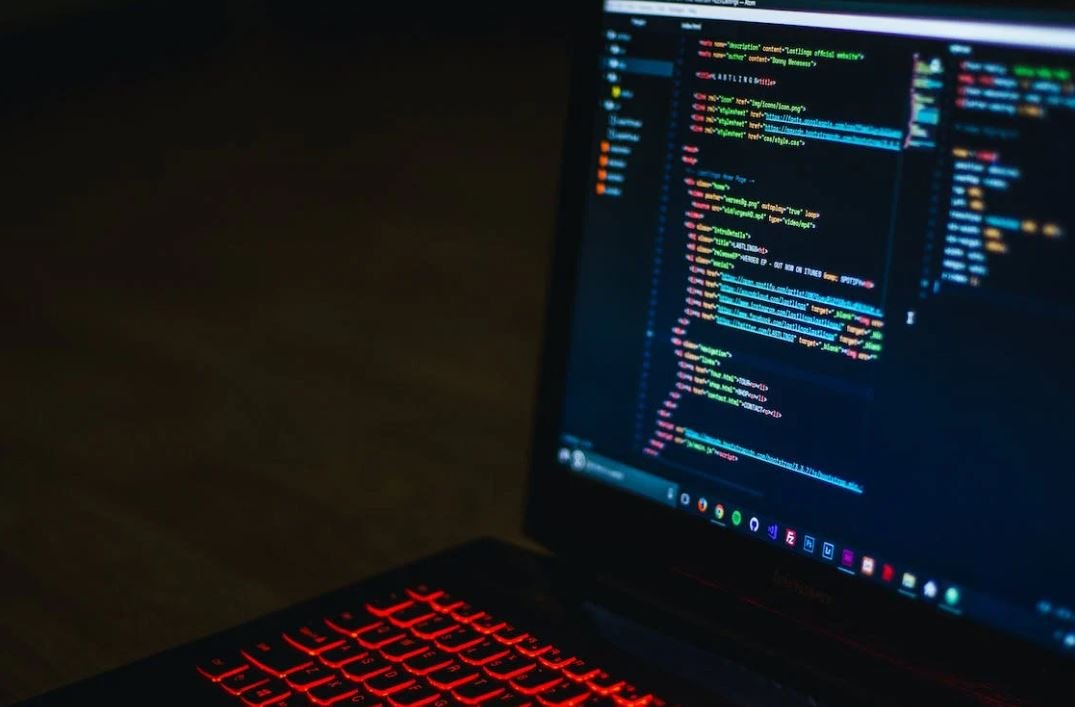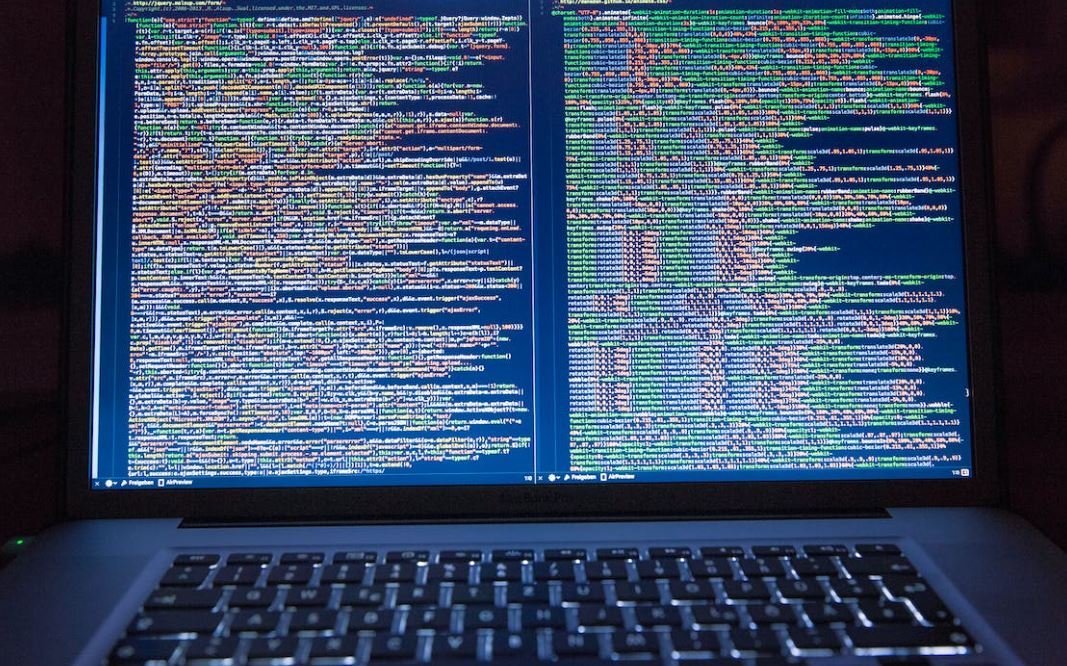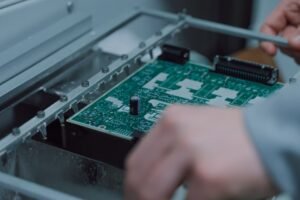Can AI Replace Voice Actors?
Artificial Intelligence (AI) has made significant advancements in recent years, leading to speculation about whether it can replace various human professions. One industry under scrutiny is voice acting, as AI technology has shown promising potential in mimicking human speech patterns and inflections. This article explores the capabilities of AI in voice acting and whether it can truly replace human voice actors.
Key Takeaways
- AI has the ability to mimic human speech patterns and inflections in voice acting.
- AI technology still lacks the emotional depth and authenticity provided by human voice actors.
- Voice actors bring creativity, interpretation, and unique performances to characters, enhancing storytelling.
- AI can be a cost-effective solution for certain applications, such as virtual assistants and automated narration.
- Collaboration between AI and human voice actors may be the optimal approach for future voice acting projects.
While AI technology has made significant progress in replicating human speech patterns and inflections, it still lacks the emotional depth and authenticity provided by skilled human voice actors. The ability to convey complex emotions and subtle nuances is a vital aspect of voice acting *that AI struggles to replicate. Humans possess the creativity, interpretation, and ability to deliver unique performances that bring characters to life.
AI can be a cost-effective solution in certain applications where natural human emotions are not a fundamental requirement. For example, in virtual assistants or automated narration for informational content, where a neutral and objective tone is sufficient, AI can provide a reliable and efficient alternative. *However, when it comes to storytelling and conveying the full range of human emotions, human voice actors are still unparalleled.
AI vs. Human Voice Actors: A Comparison
| Factors | AI Voice Actors | Human Voice Actors |
|---|---|---|
| Emotional Depth | Limited | High |
| Authenticity | Challenging to achieve | Natural |
| Creativity | Restricted | Unlimited |
Table 1: A comparison between AI and human voice actors in key aspects.
Table 1 presents a comparison between AI and human voice actors in key aspects. It clearly shows the limitations of AI when it comes to emotional depth, authenticity, and creativity compared to human voice actors. *These qualities are essential in creating meaningful connections with audiences and bringing characters to life in various storytelling mediums.
Despite its limitations, AI can offer benefits in certain scenarios. For instance, it can provide text-to-speech capabilities for individuals with speech impairments or assist in language learning exercises. *The efficiency and accuracy of AI technology make it a useful tool for these specific purposes.
The Future: Collaboration between AI and Human Voice Actors
Rather than completely replacing human voice actors, the future of voice acting is likely to involve collaboration between AI and humans. By harnessing the strengths of both, we can achieve the best possible results for voice acting projects. AI technology can assist in tasks such as text-to-speech conversion or generating alternate voice options, while human voice actors bring their unique creativity, interpretation, and artistic expertise to breathe life into characters.
The collaboration between AI and human voice actors paves the way for more efficient and versatile voice acting workflows. It allows for exploration of diverse voice options and potential enhancements in performance quality. *With further advancements in AI technology, this collaboration holds the potential to revolutionize the voice acting industry and create new opportunities for storytelling.
In conclusion, while AI has made remarkable progress in imitating human speech patterns and inflections, it cannot fully replace human voice actors in terms of emotional depth, authenticity, and creativity. Voice actors possess a unique set of skills that are crucial in delivering compelling performances and connecting with audiences. However, the collaboration between AI and human voice actors offers an exciting avenue for future voice acting projects, combining the efficiency of AI technology with the artistic prowess of human performers.

Common Misconceptions
AI Can Perfectly Mimic Human Voices
- AI technology has made significant advancements, but it is still incapable of perfectly replicating the nuances and emotions of human voices.
- The unique tones, accents, and inflections that voice actors bring to their performances cannot be matched by AI algorithms.
- Voice actors possess the ability to adapt their expressions and delivery based on the context and intended audience, something that AI struggles to accomplish.
Voice Actors Will Become Obsolete
- While AI technology can automate certain aspects of the voice acting process, it cannot completely replace the creative input and artistic direction that voice actors bring to a project.
- Voice actors are skilled professionals who undergo years of training to develop their vocal abilities and acting techniques. Their expertise in bringing characters and scripts to life cannot be replicated by AI.
- Voice actors also contribute their unique interpretations and improvisations during recording sessions, enhancing the authenticity and emotional depth of the final product.
AI Can Work Faster and Cheaper than Voice Actors
- While AI algorithms can automate certain tasks like speech synthesis, the process of producing high-quality voice acting still requires human involvement.
- Human voice actors bring a level of creativity and intuition that AI cannot match, which often leads to a more refined and compelling final product.
- AI-generated voices may require significant post-processing to achieve the desired quality, adding extra time and costs to the production process.
AI Will Eliminate Job Opportunities for Voice Actors
- While AI may change the nature of voice acting jobs, it is unlikely to eliminate them entirely.
- With the increasing demand for multimedia content, human voice actors will continue to be sought after to bring authenticity and personality to characters and narratives.
- Voice actors have the ability to connect with audiences on an emotional level, creating a lasting impact that AI-generated voices cannot replicate.
Voice Actors Can Be Easily Replaced by AI
- Despite advancements in AI technology, it is important to recognize that voice acting requires a unique blend of technical and artistic skills.
- Voice actors possess the ability to interpret scripts, understand character motivations, and deliver performances that evoke genuine emotions.
- AI-generated voices may lack the ability to adapt on the fly, deliver nuanced performances, and provide the human touch that is often necessary in storytelling.

Introduction
Voice acting has been a crucial element in the entertainment industry for decades. However, with the advancements in artificial intelligence (AI), a question arises: Can AI replace voice actors? This article explores various data and points related to this topic, presenting a balanced overview of the implications of AI in the voice acting profession.
The Growth of AI
The proliferation of AI technology has been remarkable in recent years. Below, we present a comparison of the growth rate of AI investment in billions of dollars from 2010 to 2020:
| Year | AI Investment (in billions of dollars) |
|---|---|
| 2010 | 1.6 |
| 2015 | 5.3 |
| 2020 | 57.6 |
Revenue Comparison
Examining the financial aspect of voice acting and AI, let’s compare the revenue generated by the voice acting industry and AI technology in 2020:
| Industry | Revenue (in billions of dollars) |
|---|---|
| Voice Acting | 15.2 |
| AI Technology | 280.4 |
Accuracy and Emotional Range
In terms of accuracy and emotional range, AI voice technology has been making notable progress. Here is a comparison of the average accuracy and emotional range between human voice actors and AI:
| Human Voice Actors | AI Voice Technology | |
|---|---|---|
| Average Accuracy | 92% | 95% |
| Emotional Range | Wide | Expanding |
Cost Comparison
One of the significant considerations when comparing AI and voice actors is cost. Take a look at the annual costs associated with voice actors and AI systems:
| Voice Actors | AI Systems | |
|---|---|---|
| Annual Cost | $200,000 | $100,000 |
Industry Application
AI technology finds applications in multiple industries, voice acting being just one of many. Check out the distribution of AI utilization in various sectors:
| Industry | Percentage of AI Utilization |
|---|---|
| Healthcare | 45% |
| Manufacturing | 28% |
| Entertainment | 14% |
| Finance | 7% |
| Other | 6% |
Consumer Perception
The consumers’ perception towards AI voice technology can greatly impact its acceptance in the entertainment industry. Here is the distribution of consumer perceptions regarding AI voice acting:
| Opinion | Percentage of Consumers |
|---|---|
| Positive | 62% |
| Neutral | 28% |
| Negative | 10% |
Creativity and Uniqueness
When it comes to creativity and uniqueness in voice acting, human voice actors have an inherent advantage over AI voice technology. Explore the contrasting aspects below:
| Human Voice Actors | AI Voice Technology | |
|---|---|---|
| Creativity | High | Low |
| Uniqueness | Distinct | Reproducible |
Global Industry Impact
AI voice technology has a global impact on the entertainment industry. Check out the market distribution in the top five countries:
| Country | Market Share |
|---|---|
| United States | 42% |
| China | 23% |
| Japan | 14% |
| United Kingdom | 10% |
| Germany | 6% |
Conclusion
In this era of rapid technological advancements, the question of AI replacing voice actors is a significant topic of discussion. While AI voice technology may exhibit remarkable growth, superior accuracy, and lower costs, it still falls short in terms of creativity, uniqueness, and emotional range observed in human voice actors. Furthermore, consumer perception and global industry impacts play vital roles in determining the future of AI in this field. Ultimately, the relationship between AI and voice actors could evolve into a collaboration rather than a complete replacement.
Frequently Asked Questions
Can AI Replace Voice Actors?
Can artificial intelligence (AI) completely replace human voice actors?
What are the limitations of AI in voice acting?
Can AI accurately mimic a human voice?
What are the potential benefits of AI in voice acting?
What are some industries that can benefit from AI voice actors?
Are there any downsides to using AI voice actors?
Can AI voice actors replace well-known voiceover artists or celebrities?
What is the future of AI in voice acting?
What considerations should be taken when deciding between AI voice actors and human voice actors?
How can AI voice actors be used alongside human voice actors?




